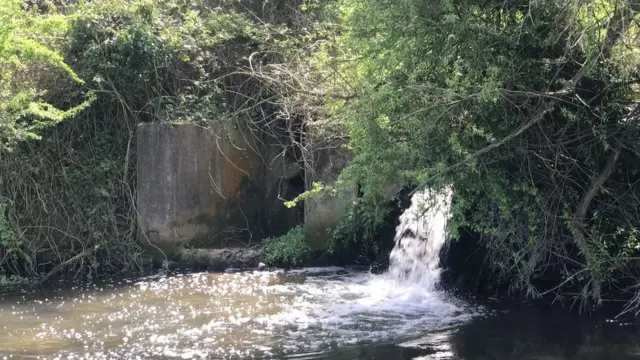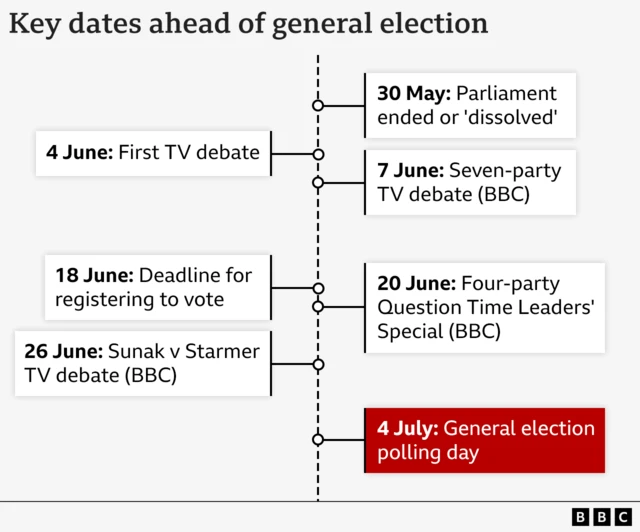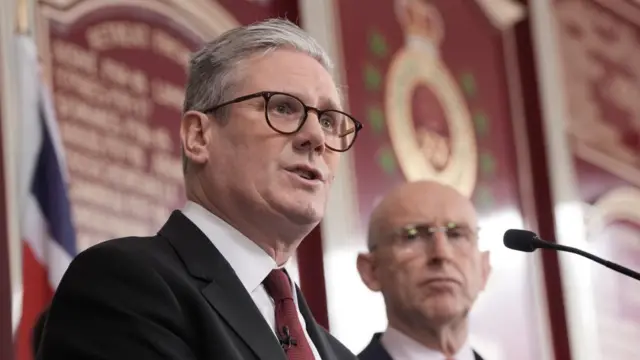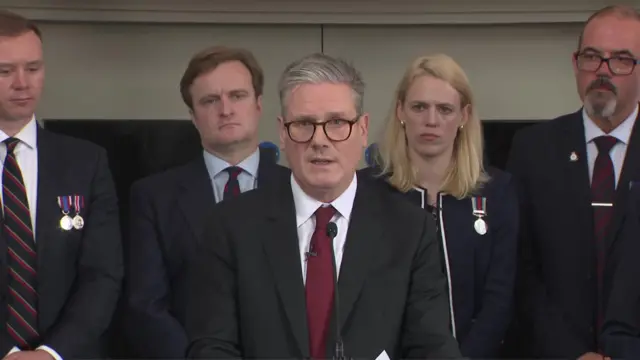Scottish Greens call Tory gender law pledge a 'culture war'published at 12:54 BST 3 June 2024
Catriona MacPhee
BBC Scotland
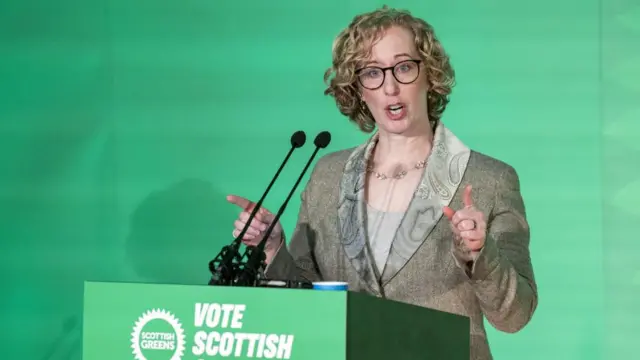 Image source, PA Media
Image source, PA MediaScottish Greens co-leader Lorna Slater has accused the Conservatives of inciting a “desperate” culture war to win voters, after the party pledged to reform the equalities act to include biological sex.
She also accuses the equalities minister, Kemi Badenoch, of encroaching into the devolution settlement by proposing to make the issue a reserved matter.
“Equalities is, and should continue to be, a devolved matter. It’s outrageous that Westminster is further encroaching into the devolution settlement," Slater says.
She says the Tories are "putting forth desperate measures" in a bid to appeal to "their more right-wing Conservative with a capital C base".
“...they imagine that this kind of measure is something that could really get them enthused, but the reality is that most people believe...in equality and I don’t think that is going to significantly move the dial," she continues.
"Kemi Badenoch's pledge is a culture war trying to enliven a very small number of people that have radical views in this space that are not in keeping with mainstream views at all."
Slater was speaking at the launch of the Scottish Green’s plans for a national road-use charging framework.
The scheme would see motorists being charged a fee to travel on public roads. The party says money raised by the levy will fund improvements to the public transport network.

